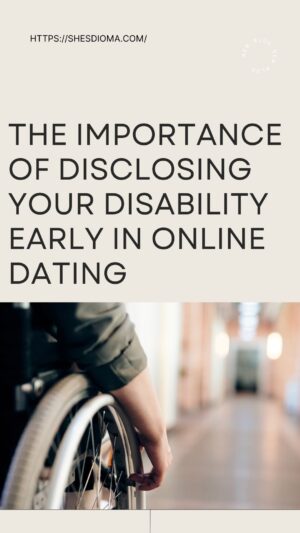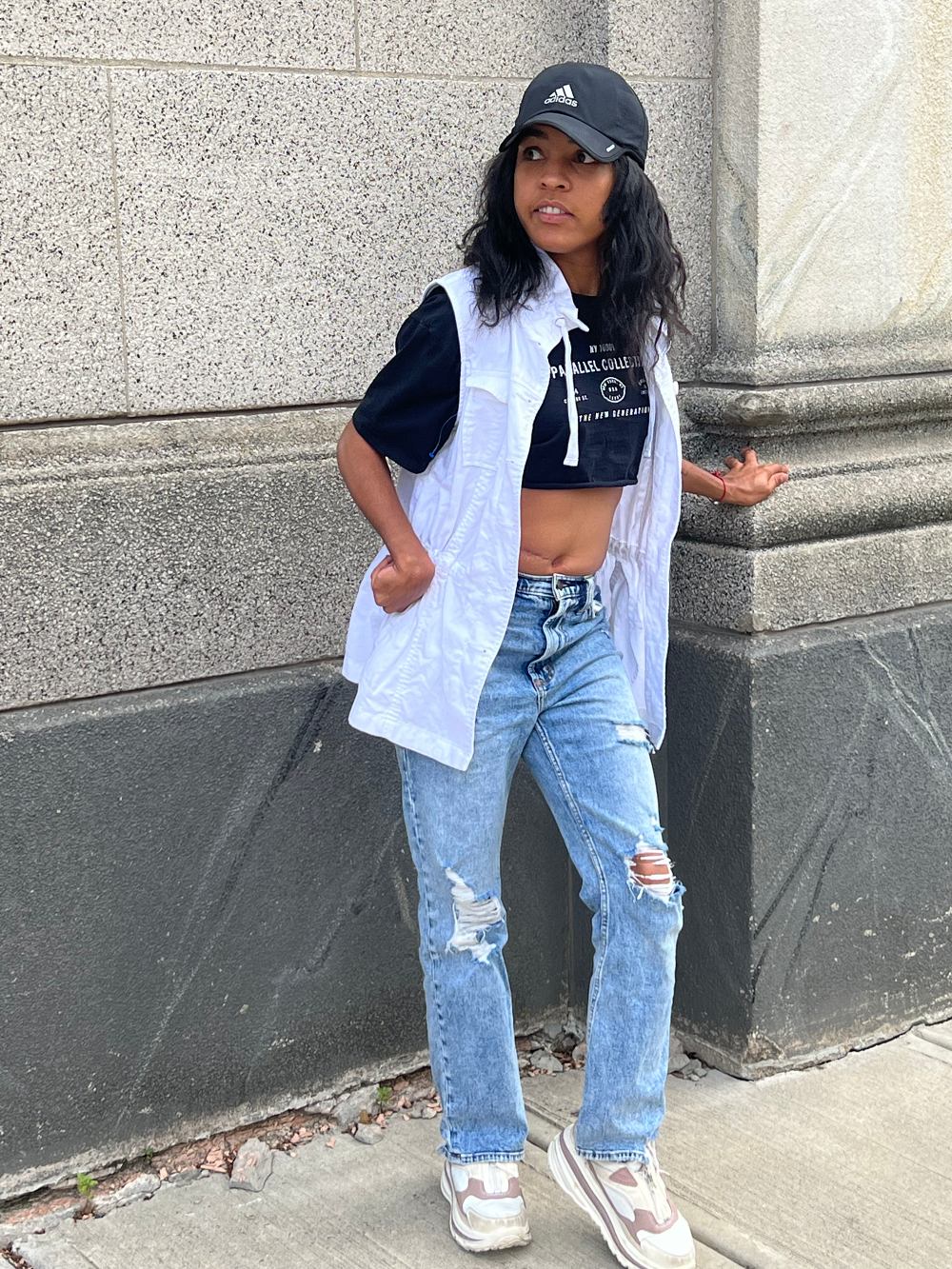Disclosing your disability to a potential interest can be nerve-racking. After all, they might interpret the news in a million different ways. Waiting for their reaction can be rather overwhelming, knowing it has the power to alter the course of things.
It is like reaching a hand into one of those mysterious black magic hats, uncertain of what you will find inside. Deep down, you are secretly yearning to pull out a cute, little, and charming rabbit, symbolizing acceptance. Unfortunately, nothing can guarantee the adorable rabbit will be there.
Not everyone to whom you reveal your disability will receive it with open arms.
And that’s fine. There isn’t a specific time that indicates when you should or should not expose that vulnerable part of yourself. The decision is entirely yours to make, but it’s essential not to wait longer than necessary.
Click here to read about the 5 Simple Tips For Online Dating With A Disability
Prolonging it can only bring a false sense of comfort, making it harder to confess and potentially leading to rejection and heartache. You may be the funniest, most gorgeous, goofiest, and charismatic person they have ever met. However, if they are unable to see past the shadow of your limitations, then the day, week, or month you decide to shine a light on the subject may be insignificant, as their outlook might remain unchanged. The time spent getting to know each other may do little to change their mindset, as altering one’s perspective is not change instantly.

The sooner you disclose your disability, the better.
Building a relationship without a solid foundation is like constructing a pyramid on an unstable ground—it could collapse at any time.
Though it may feel intimidating and frightening, sharing your truth early on is essential for your emotional well-being. The article Dating in the Digital Age: A Content Analysis of Dating Websites Designed for Disabled People by A. Santinele Martino and E. Moumos examines the reasons why some disabled individuals may choose to disclose their disabilities early on rather than waiting. The action is taken with the hope of meeting a partner who understands and accepts their impairment (Martino). Delaying the disclosure of your condition can lead them to gradually distance themselves once they find out, only to leave you in the limbo.
The temptation to postpone the conversation is understandable, as you may hope that more time will lead to greater acceptance from them. However, the timing of disclosure won’t matter if they are unwilling to see beyond your limitations. In the end, delaying the truth will only cause you more pain because if they are close-minded and unable to look past your disability, a few conversations won’t be enough to erase their shallowness.
Revealing your disability a few days or even a week after matching can help you weed out close-minded individuals and focus on those who are more open-minded.
It can be frustrating to invest time and energy into getting to know someone, only to end up with nothing. What’s even more amusing is when they imply that the interaction will remain the same, but in reality, it often goes downhill once they discover the disability factor. The problem lies in the negative perception attached to the word ‘disability.’ It creates an imaginary wall that automatically goes up, hindering any possibility of meaningful connection and drastically altering the communication.
It’s like wearing massive blinders that solely focus on how much effort it might take to date someone with a disability, rather than considering the potential for a rewarding relationship. It’s a silly excuse because every relationship requires work for it to thrive. Dating someone with a disability is simply different, which causes some people to shy away from.
There are situations where confessing your disability might serve no purpose, as it could just be a casual conversation without any meaningful connection. Not everyone you come across needs to be aware of your impairment.
The decision of when and how to disclose your disability lies solely with you; no one else should influence it.
However, it’s essential not to wait too long, as becoming too emotionally attached to someone who may not accept your differences could leave you heartbroken. Even if you disclose your disability, it doesn’t guarantee a successful relationship, as relationships can end unexpectedly. Stay true to yourself and choose the right moment to share your truth. Ultimately, you will find that special person who sees your limitations as perfections.
Reference:
Martino, A. S., & Moumos, E. (2022, August 3). Dating in the digital age: A content analysis of dating websites designed for disabled people – sexuality and disability. SpringerLink. https://link.springer.com/article/10.1007/s11195-022-09751-1


This is such a great topic. I think it’s so important to tell anyone your dating when you feel comfortable to do so. As someone who has a hidden disability, I know just how scary this can feel.
Author
Exactly! Often, the emotional baggage that come with having a disability is overlooked, which can make a disable individual hesitant about being open about their condition. Thanks for commenting 🙂